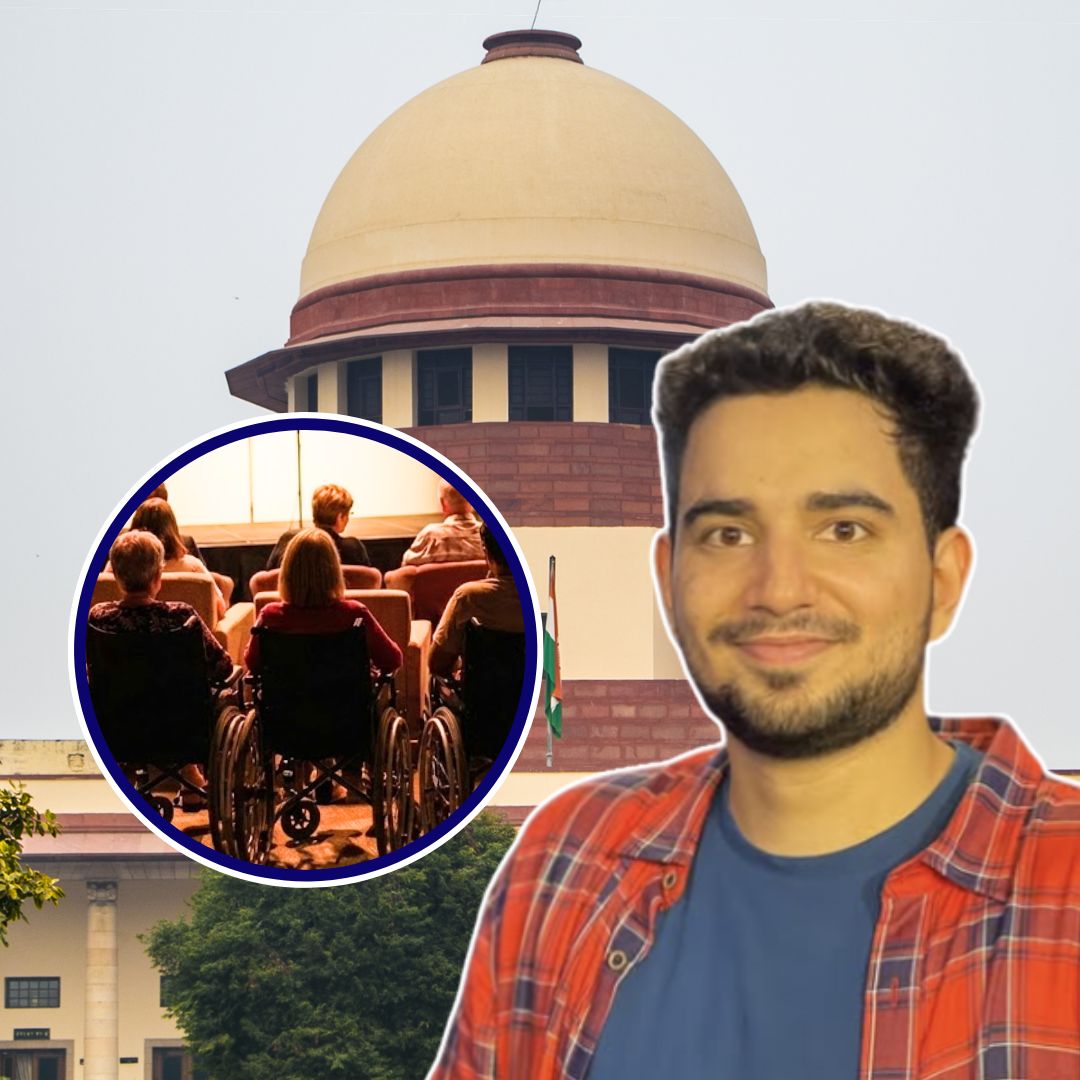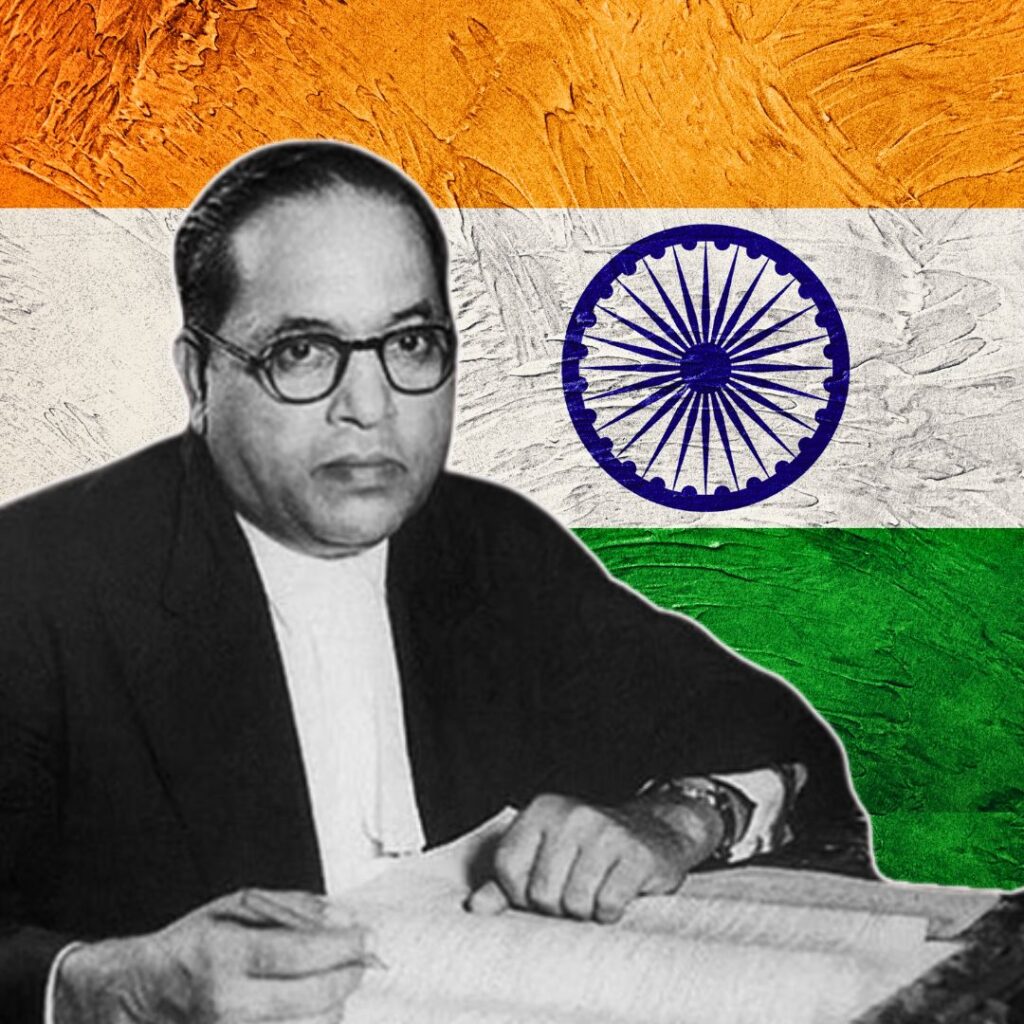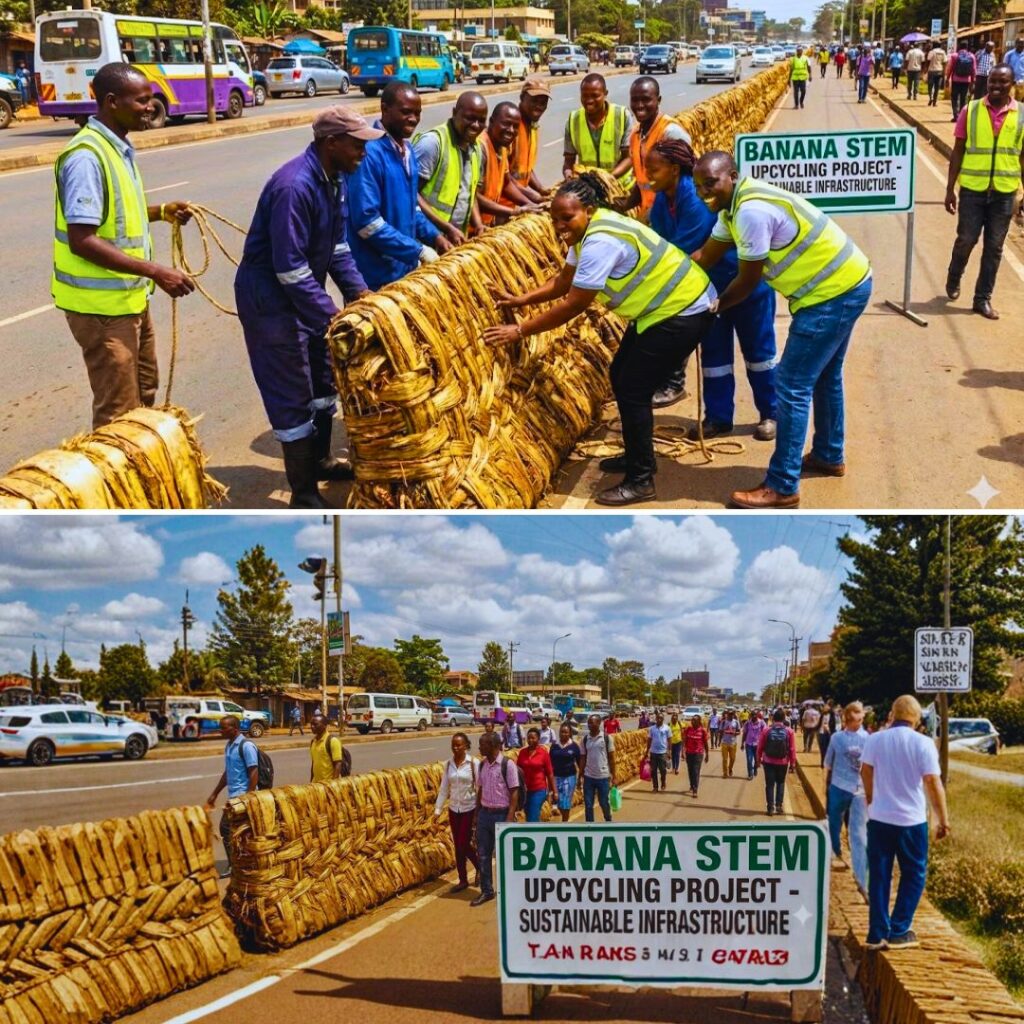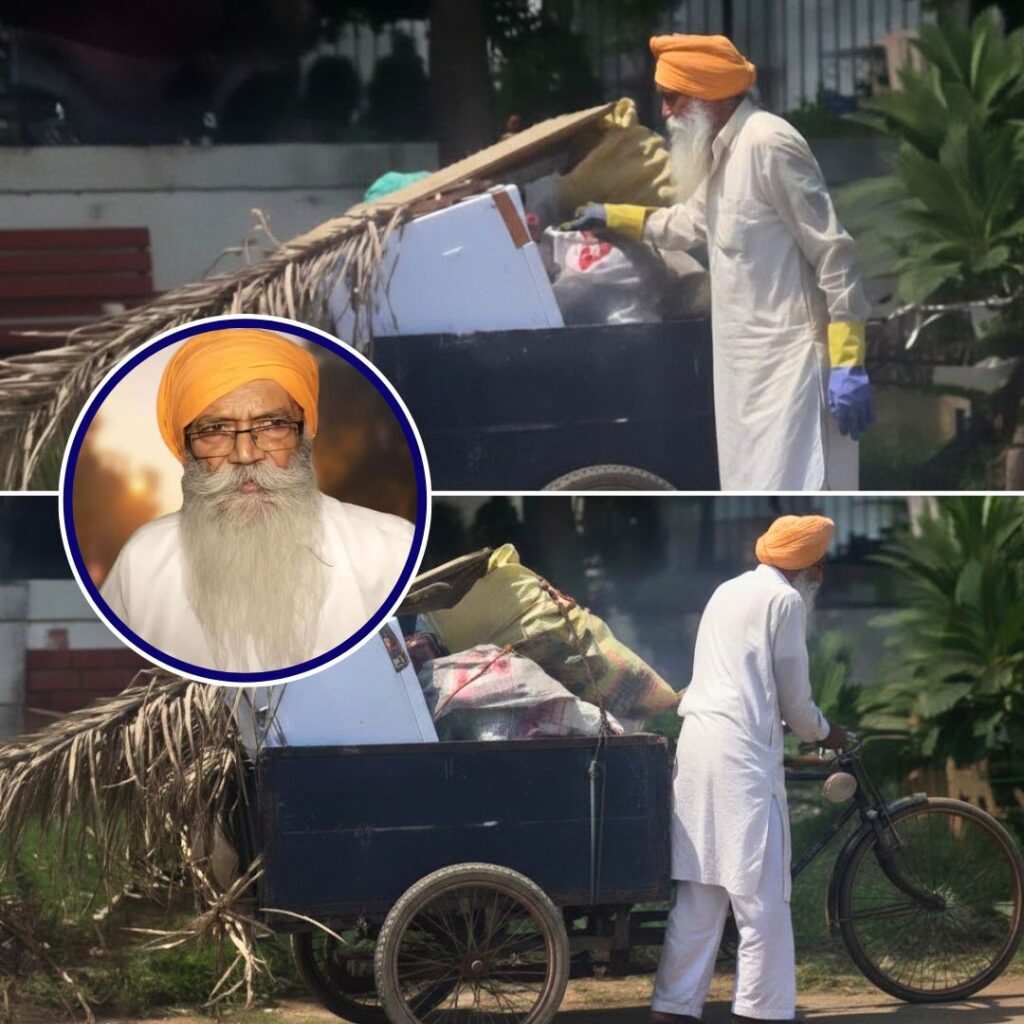On 27 November 2025, the Supreme Court of India, headed by Chief Justice Surya Kant and Justice Joymalya Bagchi, ordered noted comedian Samay Raina and four other content creators, Vipul Goyal, Balraj Paramjeet Singh Ghai, Sonali Thakkar (Aditya Desai), and Nishant Jagdish Tanwar, to host at least two fundraising events each month for persons with disabilities.
The ruling was in response to a plea filed by the Cure SMA India Foundation, which seeks to create a corpus for treatment of people suffering from disabilities, particularly Spinal Muscular Atrophy (SMA), a rare genetic disease. The court urged the comedians to involve persons with disabilities in their programs and share their “success stories” to raise awareness and funds effectively.
Pronouncing the order, Chief Justice of India Surya Kant said that the comedian must begin this initiative before the Supreme Court hears the matter again. He emphasised, “We hope and expect that a few memorable events will take place before our next hearing. This is a social responsibility we are placing on you, not a penal one.” The CJI further remarked, “You are all respected members of society. If you have gained significant popularity, then use that influence to benefit others.”
The Bench expressed trust in the sincerity of the comedians and expects these activities to commence immediately without penalty if timely complied with.
Background: Insensitive Remarks and Earlier Actions
This judicial direction follows controversies arising from jokes made by Samay Raina and others during episodes of the show “India’s Got Latent.” Raina’s joke about a two-month-old SMA child needing a ₹16-crore gene therapy injection drew severe criticism as it was said to trivialise the plight of patients and families relying on public fundraising.
The Cure SMA India Foundation lodged complaints stating such content violated fundamental rights, including the right to dignity under Article 21 of the Constitution. In August 2025, the Supreme Court had already ordered these comedians to issue unconditional public apologies on social media platforms for mocking persons with disabilities and threatened financial penalties if non-compliant.
The creators later submitted affidavits indicating willingness to engage in awareness-raising and fundraising activities, which shaped the current court order.
Statements from Officials and Petitioners
Senior Advocate Aparajita Singh, representing the Cure SMA India Foundation, emphasised dignity over monetary compensation in the case: “Samay Raina claims to have donated Rs 2.50 lakh, but our concern is with the dignity of disabled persons, not the money.”
The court acknowledged the foundation’s concerns about the massive financial burden on families for expensive treatments like Zolgensma and encouraged a CSR-driven fundraising approach combined with public engagement for rare diseases.
The Bench remarked on the potential impact of involving disabled persons on comedy platforms, stating it would help generate wider publicity and social empathy. Though no direct statements came from the comedians post-judgement, their affidavits reflected readiness to cooperate.
The Logical Indian’s Perspective
This judgement sends a meaningful message about balancing freedom of expression with social responsibility, particularly when influential figures discuss sensitive topics. The Logical Indian views this court intervention as a positive move towards respect, empathy, and inclusion of marginalised groups, turning an unfortunate controversy into a platform for social good.
The order encourages compassion over ridicule and fosters constructive dialogue on disability rights and dignity. It highlights how public figures and content creators can use their reach to support vulnerable communities meaningfully.












